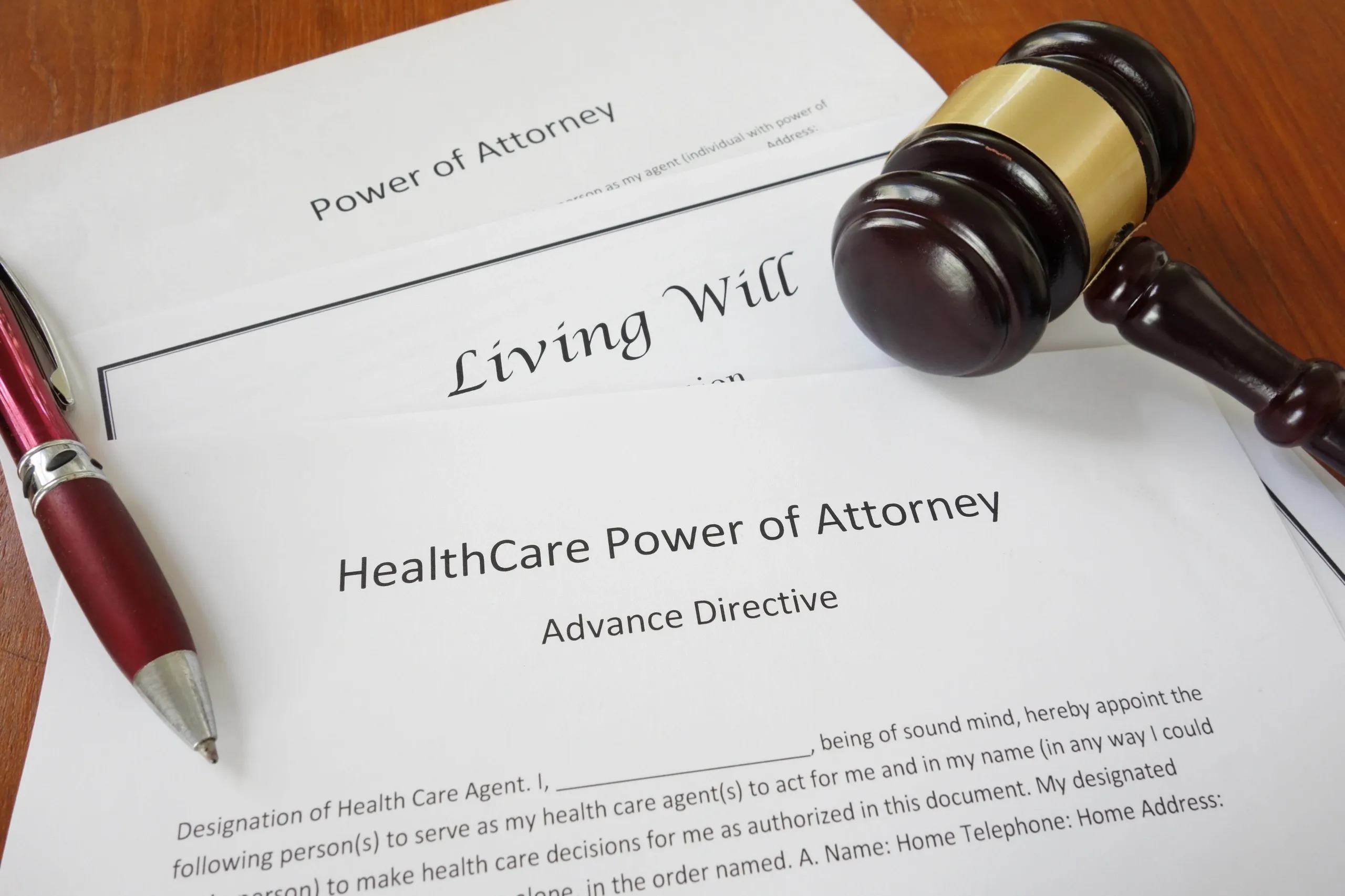You just received a call from a hospital social worker, letting you know that your mother was in the Emergency Room due to a fall. The call may have been your first or maybe your tenth in the past few months. Your mother, no longer being safe in her own home, is starting to become a reality.
You speak to your mother’s social worker, who recommends a residential assisted living home, and she inquires about your mother’s finances and legal information. You start to panic because you have no idea where all the information is.
You remember that your mother had a long term care insurance policy that could pay all of her residential care home costs. You wished you planned for this months ago, but unfortunately, you didn’t. Now you’re under stress with a timeline looming from the hospital to get everything organized. It’s vital to have access to your loved one’s documents for situations just like this.
Below is a list of vital documents to have on hand for emergencies.
- Advance Directives
- Birth certificate
- Burial plots information
- Credit cards
- Driver’s license
- Final Will & Testament
- Funeral Arrangements
- Healthcare Proxy
- Insurance policies
- Legal Power of Attorney
- Living Will
- Long Term Care Insurance policy
- Marriage certificate
- Medicare / Medicaid / Insurance coverage card
- Military records
- Mortgage records
- Organ donor card
- Safety deposit box keys
- Social Security card
- Stocks, bonds, real estate, and other investments
- Tax returns
- Trust, banking and loan information
It’s a good idea to have contact information for the person(s) who assisted her with the documents. For example, you should have contact information for the long term care insurance company, her accountant, attorney, investment bankers, and more.
Unfortunately, we rarely know exactly when a crisis will occur, but when it does, everyone knows you would rather be spending time with your loved one instead of searching her home for paperwork.

